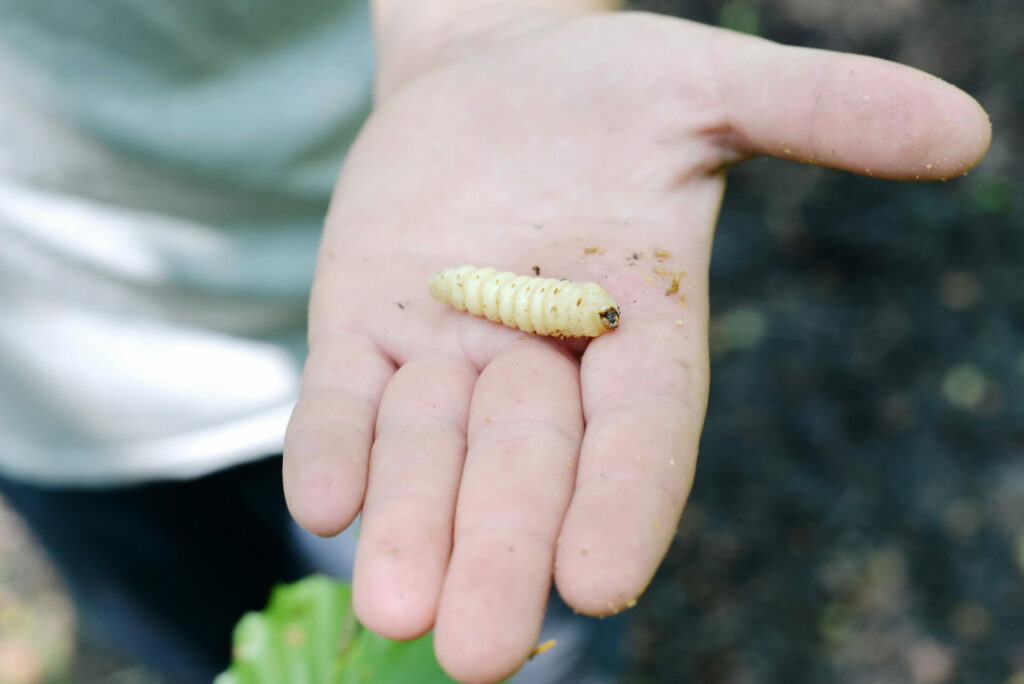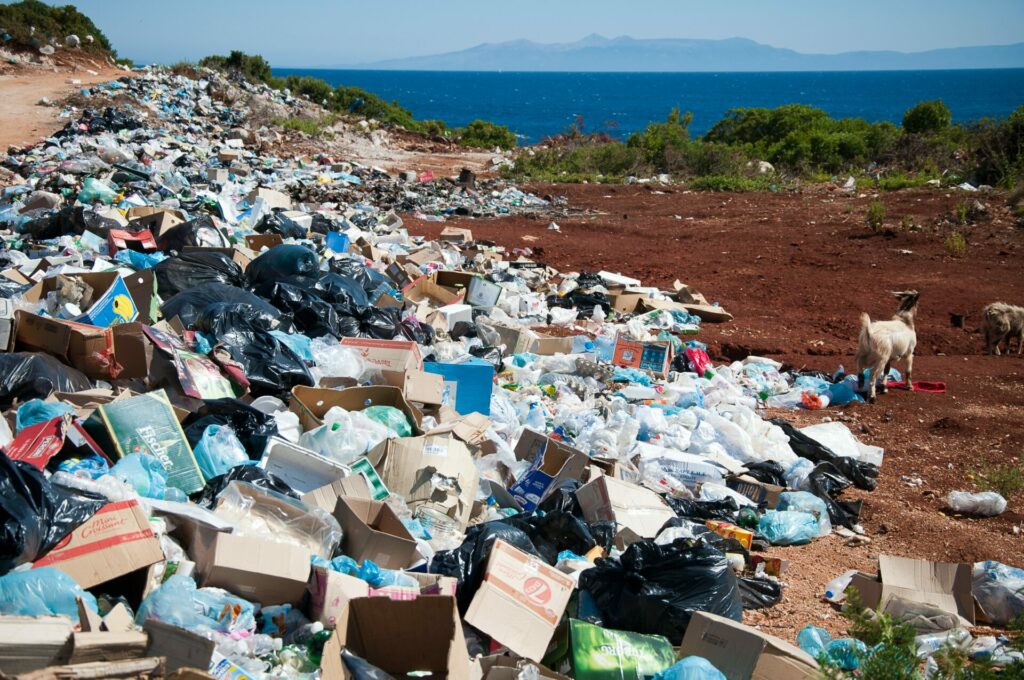Saliva from a common species of worm could be used to combat plastic pollution.
Spanish scientists say chemicals which are present in the drool of the wax worm are capable of breaking down polyethylene (PE) – the first time a natural solution has been found to degrade the tough material.
The team first discovered that the worm – which is actually a species of caterpillar – could counter plastic in 2017, but had no idea how this was taking place. But researchers have now pinpointed the ability as being due to two enzymes in its saliva.
One hour’s exposure to the worm liquid breaks down the highly durable waste material in what would otherwise take several years of weathering.
For plastic to degrade, oxygen needs to penetrate its molecules, known as polymers, a process known as oxidation.

However, PE is highly resistant to oxygen and needs first to be weakened by exposure to heat or ultra-violet light, an expensive and time consuming process.
However the saliva enzymes of the wax worm naturally break down the dense material, allowing the oxygen to penetrate in a matter of hours.
‘What we think is that the enzymes are capable of an accelerated version of the weathering of polyethylene,’ said Dr Clemente Arias, of the Spanish National Research Council, which has put together a study on the breakthrough.
‘What we found was that the enzymes alone can oxidise plastic, which is the process that takes such a long time in the environment.’
She added the team has now managed to produce the enzymes synthetically, avoiding the need to use billions of wax worms to do the job.
Worm Out of the Plastic Problem
The scientists say the breakthrough could lead to new natural approaches to dealing with plastic pollution.
Because of its strength PE, first created in 1933, is one of the most widely manufactured plastics, comprising around 30 per cent of total global production.
It is used for a wide range of materials including pipes, flooring, and bottles but it’s also used for bags and containers, as it doesn’t interact with foods.

The wax worm is the common name of the larvae of the greater wax moth – a species regarded as a pest, especially by beekeepers, as it attacks and destroys honeybee hives.
But it may be that this natural ability to destroy beeswax accounts for its effectiveness against PE.
Now scientists say they want to explore it as a practical way of getting rid of polluting plastic.
‘We imagine you could apply this new understanding to large plastic waste management facilities,’ said Dr Federica Bertocchini, a co-author on the research study paper.
‘But you could also have a home-based kit which could help you degrade your own plastic.
‘Plastics stay in the environment for a long time. It eventually breaks down into small particles, therefore becoming the source of micro and nano plastic particles. These plastic particles have been found everywhere, from Antarctica to rain and tap water, which do not only cause obvious environmental issues but are a growing problem for human health.
‘The very same features that make plastic the unique and useful material it is are creating one of the most critical problems of this century.’
Plastic use has skyrocketed over the past 30 years, with hundreds of millions of tons ending up as waste every year, and less than 10 per cent of that being recycled. In March this year, the United Nations approved a landmark agreement to create the world’s first global plastic pollution treaty after talks in Nairobi, with the goal of having a legally binding deal finalised by 2024.
The complete study into the worm saliva has been published in the journal, Nature Communications.













